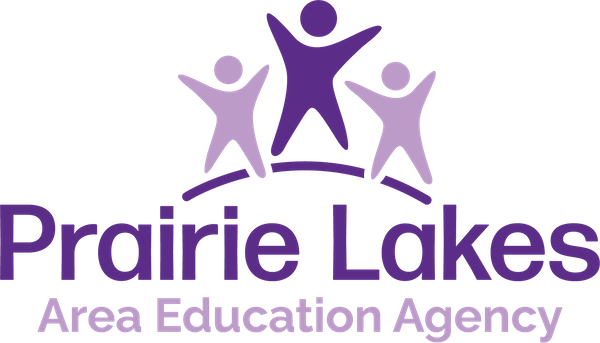Eligibility & Services at College
It is critically important to understand that the services a student has gotten while in high school DO NOT AUTOMATICALLY follow them to college. Postsecondary institutions must follow Americans with Disabilities Act (ADA) guidelines which is different from high schools, which must follow IDEA guidelines. Services at each postsecondary institution can vary greatly. It is important to connect with the Disability Service Directors/Coordinators when going on college visits to discuss what accommodations that particular university/college is able to provide. (These will be based on services that the student has previously received on their IEP in high school.) Each community college/college/university is required to have a disability director and/or disability services office. As you explore potential colleges, type “disability services” into the search bar on the college website to find out who to contact. The disability services website will outline the process to request accommodations; many have an online application that must be completed.
Students should call or make an appointment to visit with the disability director when they are scheduling college visits.
In order to be eligible for accommodations in college, documentation for the accommodations and supports that were used in high school can be provided through the Support for Accommodation Request form (SAR instructions) or other school records. The SAR is completed at the student’s exit IEP meeting at the end of the senior year. After review by the college student disabilities services provider, additional information may be requested to determine a student’s eligibility for accommodations. The cost of any testing will be the responsibility of the student and family.
It is STRONGLY RECOMMENDED to do this as soon as possible. College work is much more challenging, and it is better to start out using the approved accommodations as students transition to their new environment instead of trying to dig out of a deep hole later!
Differences Between High School & College For Students With a Disability
As you are planning for your upcoming IEPs, we are attaching a sheet entitled Differences between High School and College Accommodations that is used by one of our local community colleges. At each high school IEP, it is important to review all of the student’s accommodations and modifications to see if they still need/use all of them listed on the previous IEP.
It is also very important to discuss that VERY FEW high school accommodations will follow them to college, and almost NO modifications will be allowed at the post-secondary level. It is important to help the student/family understand this difference and how this may impact their post-secondary planning.
The Differences between High School & College for Students with an IEP is another document to consider using to compare the differences between high school and college. It includes several different categories, such as behavior support, parent involvement, transportation, and attendance.
The High School vs College – Comparison Sheet is a great tool to use to see how high school and college differs. Sometimes high school students do not understand this, and this guide is divided into sections that compare the differences between classes, instructors, studying, testing, grades and the bottom line.
Another great tool is from the Talent Knows No Limits Workbook, which is a great resource to students and families. This workbook was funded by a Medicaid Infrastructure Grant from the Centers for Medicare and Medicaid Services of the U.S. Department of Health and Human Services.
Free Application for Federal Student Aid (FAFSA)
This is the first step if you want financial aid from the federal and state government or most colleges. Filling out the FAFSA can be intimidating. The 8 Steps for Parents Completing the 2024-2025 FAFSA Form found on the site studentaid.gov can be a helpful tool to guide you through the process. Since the FAFSA is based on your income, you must have your taxes done prior to completing the FAFSA.
Making My Way Through College
This guide, Making My Way Through College, is for any student pursuing a degree or other type of credential (e.g., certification, license) at a two-year or four-year community college, college, or university. You will find information on a variety of topics relevant to preparing for and succeeding in college and transitioning from college into the world of work. Much of the information provided is relevant to all students, but the primary focus of the guide is on navigating the college experience for students with disabilities or those who think they may have a disability.
Job Corps
Job Corps offers a comprehensive array of career development services to at-risk young women and men, ages 16 to 24, to prepare them for successful careers. Job Corps employs a holistic career development training approach which integrates the teaching of academic, vocational, employability skills and social competencies through a combination of classroom, practical and based learning experiences to prepare youth for stable, long-term, high-paying jobs. Denison Job Corps Ottumwa Job Corps
Registered Apprenticeships in Iowa
Iowa Workforce Development has created Registered Apprenticeship. This is business and industry-driven, with more than 29,000 programs impacting 250,000 employers and almost 450,000 apprentices in such industries as: construction, manufacturing, transportation, telecommunications, information technology, biotechnology, retail, health care, the military, utilities, security and the public sector.
